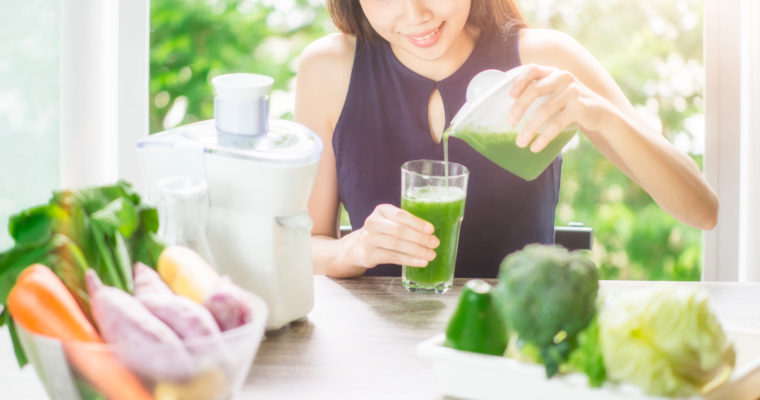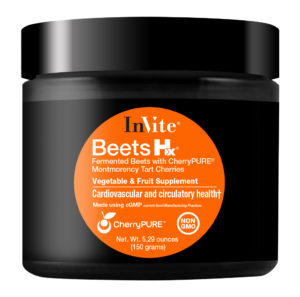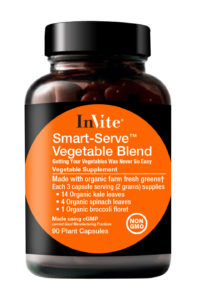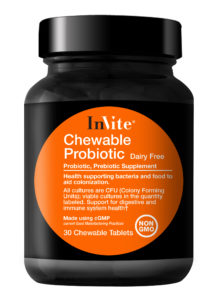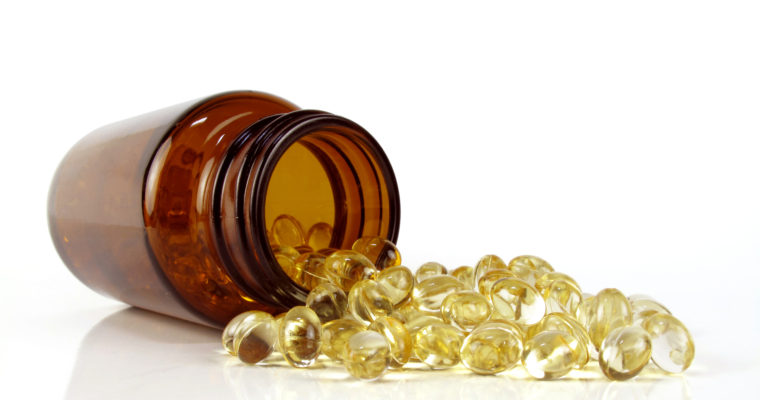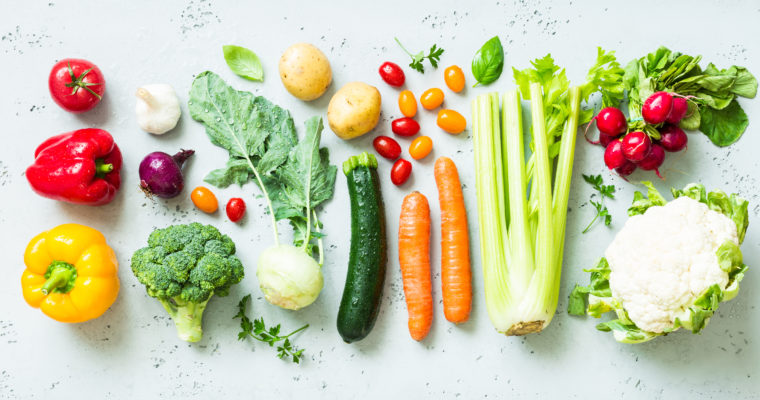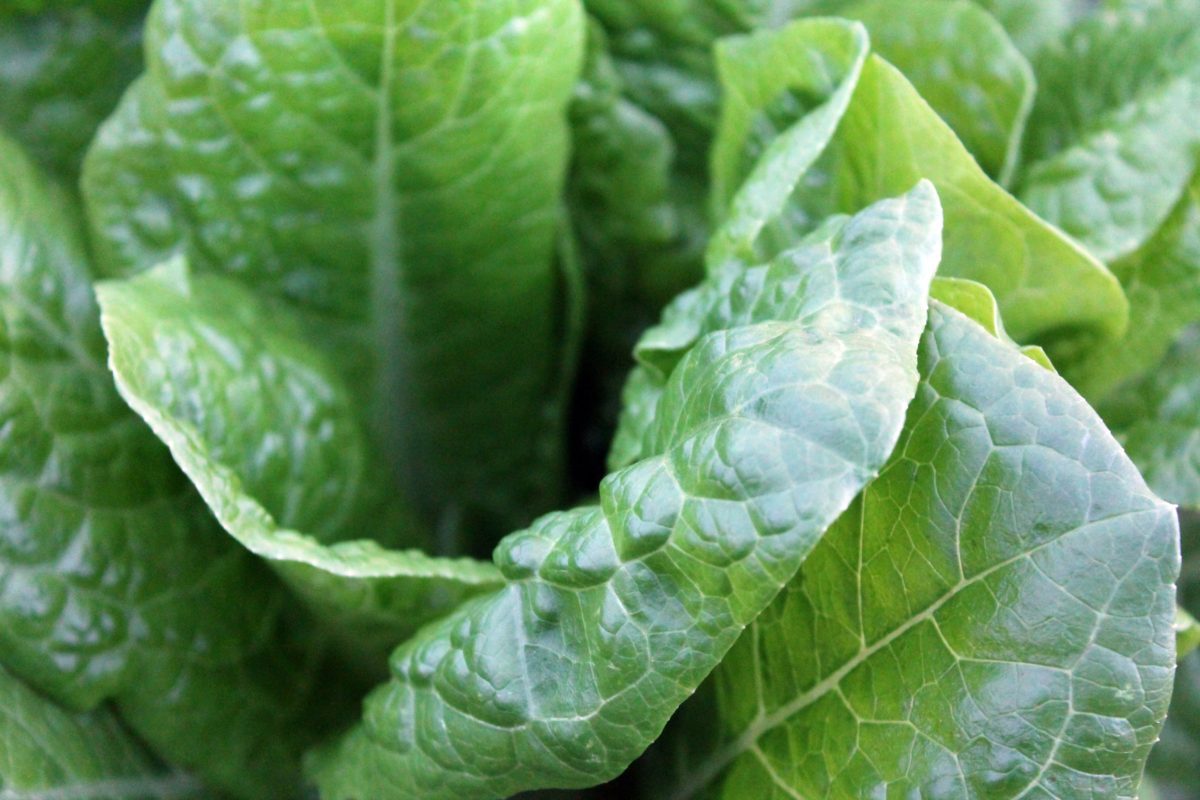Photo by Alfonso Cenname on Unsplash
While visiting with the team at the Upper East Side location, I met with Archana Gogna our Nutritionist who shared one of her favorite recipes that includes cauliflower, a cruciferous vegetable. Not only did Archana create a tasty dish with added spices that act as anti-inflammatory agent and packed with antioxidants, she also clearly explained the multiple health benefits gained from this nutritious vegetable and how it can protect us from various diseases.
Health Benefits of Cruciferous Vegetables
Cauliflower belongs to the brassica group of vegetables (along with broccoli, brussel sprouts, cabbage and bok choy). This group of vegetables contains phytochemicals, vitamins, minerals and fiber, all of which are essential to health. It is recommended that we eat several servings of these vegetables every week.
One of the big reasons to eat these cruciferous vegetables on a regular basis is that they may help to lower your risk of getting cancer. A review research published in the October 1996 issue of the Journal of the American Dietetic Association showed that 70% or more of the studies found a link between cruciferous vegetables and protection against cancer.
Various components in cruciferous vegetables have been linked to lower cancer risks. Some have shown the ability to stop the growth of cancer cells for tumors in the breast, uterine lining (endometrium), lung, colon, liver and cervix, according to the American Institute for Cancer Research. And studies that track the diets of people over time have found that diets high in cruciferous vegetables are linked to lower rates of prostate cancer.
Studies on Cruciferous Vegetables
Studies also show that sulfurophane, one of the phytochemicals found in cruciferous vegetables, can help stimulate enzymes in the body that detoxify carcinogens before they damage cells, says Matthew Wallig, DVM, PhD. Another compound in these cruciferous vegetables, indole 3-carbinol, can also activate detoxification enzymes. Di-indolyl-methane(DIM), a lipid soluble compound present abundantly in the Brassica group of vegetables, has been found to be effective as an immune modulator, anti-bacterial and anti-viral compound. DIM has currently found application in the treatment of recurring respiratory papillomatosis caused by the Human Papilloma Virus (HPV) and can also be helpful for cervical dysplasia.
Read this study on ‘Women who lack the ability to detoxify properly may be protected from breast cancer by cruciferous vegetables (the GSTP1 Ile105Val genetic polymorphism, and breast cancer risk)’ by clicking here!
Another way cruciferous vegetables may help to protect against cancer is by reducing oxidative stress. Oxidative stress is the overload of harmful molecules called oxygen-free radicals, which are generated by the body. Reducing these free radicals may reduce the risk of colon, lung, prostate, breast, and other cancers. Eating cruciferous vegetables 3 to 4 times a week, or even more, is encouraged to help reap their benefits. It’s best to eat these veggies raw or lightly steamed to retain the phytochemicals that make cruciferous vegetables special in terms of health. If you have hypothyroidism, it is important to eat them cooked rather than raw.
Diets rich in fish and vegetables (including cruciferous and dark-yellow veggies) may also help to protect against cardiovascular disease. A recent study found that such a diet was linked to lower levels of markers of inflammation in the body. These markers may signal an increased risk of cardiovascular disease.
Cauliflower is one of my favorite vegetables and can be enjoyed as a side to accompany fish or chicken or as a soup or even as a crudite with a healthy dip on the side.
Cauliflower Soup Recipe
4 to 5 cups of vegetable broth
1 head organic cauliflower, cut into florets
1 medium onion, diced
2 TBS organic extra virgin olive oil
Sea salt, to taste
Fresh cracked pepper
Spices, (1/8 to ¼ tsp each): curry powder, ground cumin, cinnamon and coriander
Directions
Preheat oven to 400 degrees. Toss cauliflower with 1 TBS olive oil and a few pinches of salt, then spread in an even layer on a sheet pan. Roast until tender and lightly browned, about 20-25 minutes.
While cauliflower is roasting, heat the remaining 1 TBS olive oil in a large pot and then add onions and a pinch of salt. Saute until tender and golden, about10 minutes (if using spices, add them while sautéing onions). Add ½ cup broth to deglaze and cook until reduced by half, then add in roasted cauliflower and 3 cups broth. Bring to just under a simmer.Using an immersion blender, or working in small batches with a regular blender, puree soup, adding more broth to reach desired consistency. Adjust salt and pepper to taste.
What are some of you favorite cruciferous vegetables and what meals you’ve prepared with it?

